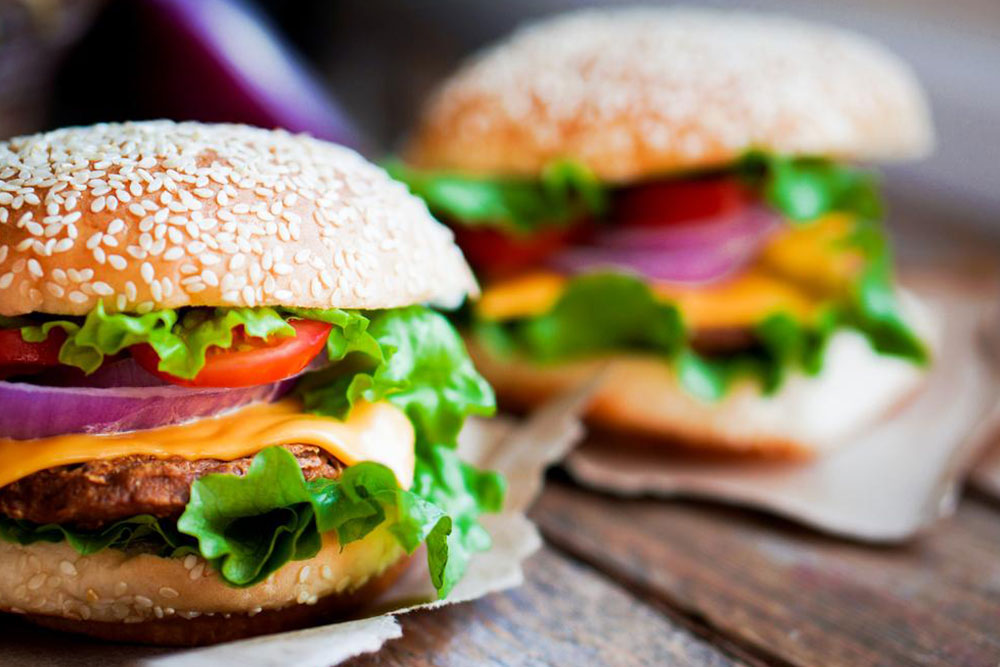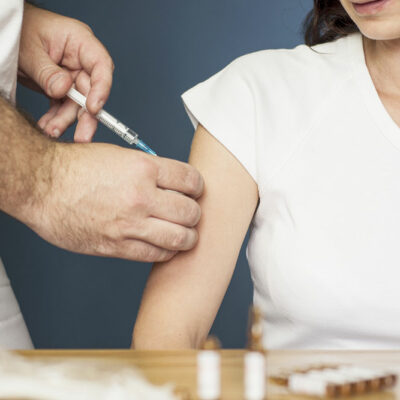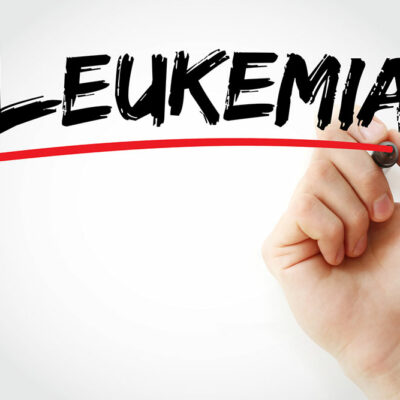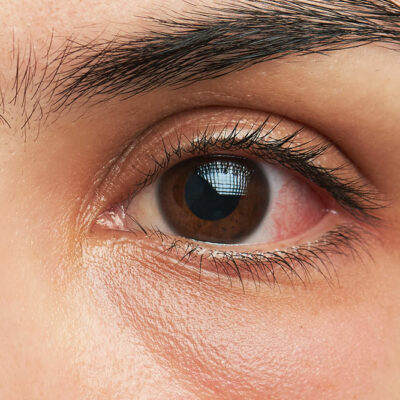
Dry mouth- Foods to avoid and foods to have
What is dry mouth?
Dry mouth, also called xerostomia, is a condition of the mouth in which the salivary glands do not produce enough saliva to keep your mouth wet. As a result of which the mouth feels parched and dry. Saliva helps in preventing tooth decay by neutralizing the acids produced by bacteria, limiting the bacterial growth, washing away the particles of food. It also enhances your ability to taste and make it easier to chew and swallow food.
The causes of dry mouth can either be an underlying disease like HIV, Sjogren’s syndrome, sarcoidosis, amyloidosis, any endocrine disorder, or other conditions like not having adequate fluids, sleeping with an open mouth, hot and dry weather, eating dry foods, and it can also be a side effect of various medications and chemotherapy.
Dry mouth due to any treatment such as chemotherapy and radiation therapy normally goes away as soon as the treatment is stopped. Xerostomia may also occur because of an accidental or surgical trauma as well as because of factors like stress, anxiety, depression, and others. The symptoms of dry mouth also include increased thirst, difficulty in swallowing, taste changes in the mouth, rough tongue, mouth sores, and cracked lips. Certain infections can also develop because of a dry mouth. In severe cases, even talking becomes difficult.
Foods to have
To reduce the dryness of the mouth and its impact on oral health, you can maintain adequate oral hygiene along with a good healthy diet. For oral hygiene, you can use a non-alcoholic, pH neutral rinse or mouthwash.
- Scrambled eggs, cottage cheese, yogurt, beans, lentils, smooth peanut butter, puddings, and ice creams are perfect.
- Tender foods including fish, chicken, and soft meat are advisable.
- Mashed potatoes and rice can be consumed.
- Eat food with gravy or sauces for their lubricating effects.
- Seasoning of foods with citrus and herbs is recommended over salt and hot spices.
- Intake of frozen grapes, canned fruits, and apple sauce along with soups and stews with soft and smaller pieces are preferred.
- Keeping chewing gums, ice chips, candy, or popsicles in the mouth also helps in keeping the mouth moist.
- Drinking liquids with meals help to swallow food easily while consuming fluids all day long also helps in improving the condition.
- Tart drinks like lemonade may also help in increasing the production of saliva. Water is the best fluid of choice.
Foods to avoid
- Dry and salty foods along with high sugar foods and beverages like wine, coffee, soda, tea, salty nuts, bread, sugary desserts, and popcorns should be avoided.
- It can be extremely difficult to chew and swallow crusty bread. Try dipping bread into sauces and gravies to make it easier to eat.
- Alcoholic drinks can make the condition even worse. Hence, alcohol as well as smoking, and tobacco consumption should be avoided.
- Spicy foods and soft drinks should be cut off from the diet. Dry meat, as well as red meat, should be replaced with moist fish, eggs, and cheese.
Knowing what foods to have and avoid can help you minimize the condition of dry mouth pretty well. Consult a doctor or a dentist too if the condition becomes too uncomfortable or severe.


